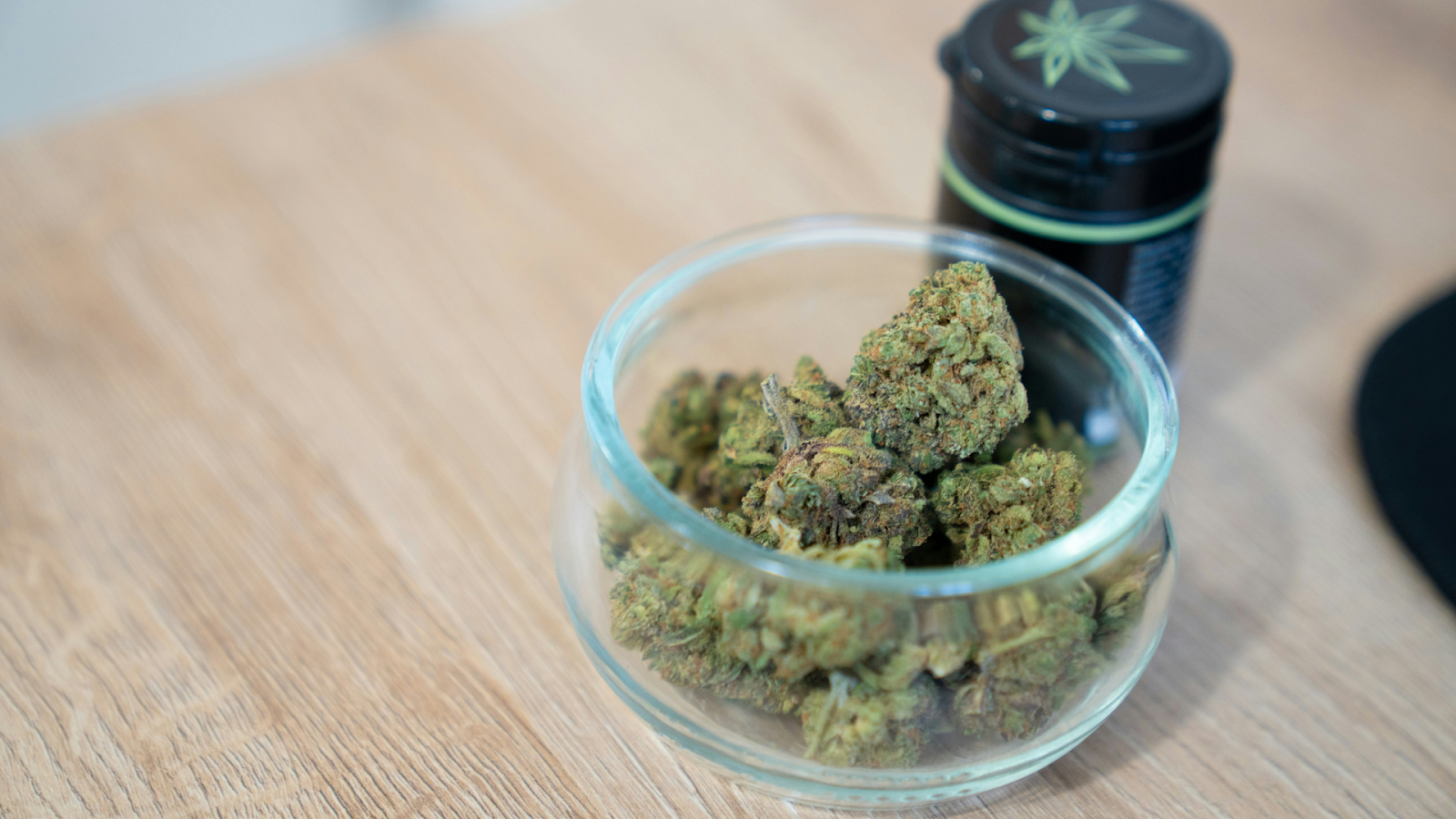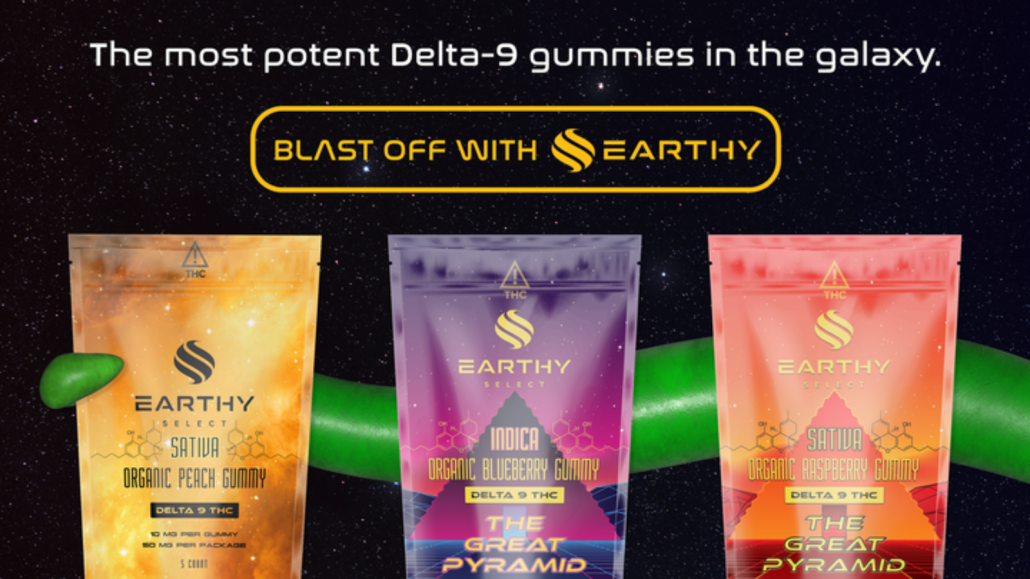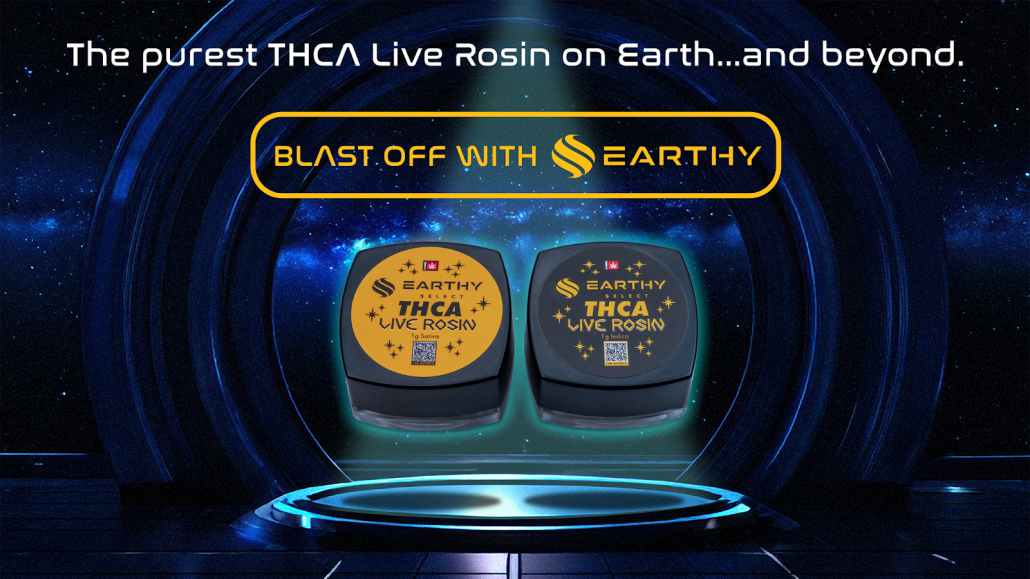THCa vs. Delta-9: How They Compare in Effects and Legality
Key Takeaways:
- Learn How THCa and Delta-9 Work Differently: THCa remains non-psychoactive until exposed to heat, while Delta-9 produces immediate psychoactive effects by binding directly to CB1 receptors.
- Legal Status Depends on Form and Use: THCa may be permitted in more places due to its raw, inactive state, but once decarboxylated into Delta-9, it often falls under stricter state and federal regulations.
- Consumption Methods Shape your Experience: Smoking, vaping, gummies, diamonds, and topicals each offer distinct effects, timing, and intensity based on how cannabinoids are activated and absorbed.
Cannabis enthusiasts, wellness seekers, and curious consumers often explore the shifting landscape of cannabinoids in hopes of discovering how these compounds differ in effects, legality, and consumption. We partner with top cannabis labs and focus on rigorous research and testing, delivering high-quality, reliable products and information you can trust.
In this post, we’ll compare THCa vs. Delta-9, examine the science behind their effects, and discuss how each can fit into your daily routine.
How THCa and Delta-9 Differ in Chemical Structure
THCa, short for tetrahydrocannabinolic acid, is the raw, unheated form of Delta-9 THC. It’s the dominant cannabinoid in freshly harvested cannabis and remains non-psychoactive until exposed to heat. Structurally, THCa contains an extra carboxylic acid group, which makes the molecule bulkier and less able to bind to cannabinoid receptors in its raw state.
This added group clearly contrasts with Delta-9 THC. Once THCa loses that acid group through decarboxylation, the resulting Delta-9 molecule fits more easily into the brain’s CB1 receptors. That bond is what produces the euphoric, psychoactive effects cannabis is known for. THCa won’t create those effects unless heated, but it still plays an important role.
How THCa Interacts with the Body
Even though it doesn’t cause a high, THCa engages the body in other meaningful ways. Early research suggests it may offer anti-inflammatory, neuroprotective, and immunomodulatory benefits. A 2016 study noted that THCa interacts with several molecular targets and may affect how THC is absorbed and metabolized when consumed in its raw form.
Scientists are still studying whether THCa binds directly to CB1 or CB2 receptors. Some in vivo evidence suggests limited CB1 activation, but the extent of that interaction remains unclear. What’s confirmed is that THCa is pharmacologically active. For those seeking the wellness potential of cannabinoids without intoxication, it presents an intriguing option.
Delta-9’s Direct Role in Psychoactivity
Delta-9 THC is the cannabinoid responsible for the high percentage of cannabis users who recognize it. After decarboxylation, it becomes a smaller and more potent compound that binds easily to CB1 receptors in the brain. This interaction changes perception, mood, coordination, and appetite noticeably.
Because Delta-9 binds efficiently, even a tiny amount can produce intense psychoactive effects. It remains a go-to option for people who want a classic cannabis experience, whether they prefer smoking flower, dabbing concentrates, or enjoying gummies.
How THCa Becomes Delta-9: The Decarboxylation Process
At Earthy Select, we’re passionate about diving into the science behind cannabis to bring powerful, pure, and consistent products to enthusiasts like you. One of the most intriguing transformations in cannabis happens when THCa converts into Delta-9 THC through decarboxylation. Let’s explore how this fascinating reaction works.
This process kicks in when heat is applied. Lighting a joint, using a vaporizer, or baking cannabis all spark that reaction. That’s why raw cannabis doesn’t produce a high on its own. Once heat enters the picture, THCa loses the extra group and becomes Delta-9, which interacts with your body’s cannabinoid receptors.
For example, products like gummies, diamonds, and vapes already contain decarboxylated THC, so they’re ready to go straight from the package. Smoking or dabbing THCa flower causes conversion during use, offering a more hands-on experience. For anyone exploring how different formats affect the outcome, this reaction helps connect the science to how THC feels once it’s in your system.
Legality of THCa and Delta-9 Across States
Navigating the legality of THCa and Delta-9 can feel like a tricky trek across a shifting landscape. As cannabis laws evolve, understanding the differences in legality between these cannabinoids becomes paramount.
THCa: The Legal Perspective
THCa (tetrahydrocannabinolic acid) appears mainly in raw or freshly harvested cannabis. Because it’s non-intoxicating in its natural form, it tends to face fewer legal restrictions. In many states, THCa is treated more flexibly for that reason. However, once THCa is heated and converted into Delta-9 THC, its legal classification can change. That conversion makes a difference in states where Delta-9 is banned or restricted. This distinction is part of why THCa flower and concentrates have gained traction among consumers looking for products that comply with current laws.
Delta-9 THC: State-by-State Overview
Delta-9 THC is widely known for its psychoactive effects, and that’s also what places it under stricter regulation, but some states have fully legalized it for medical and recreational use. Others still prohibit it entirely, creating a patchwork of laws nationwide. At the federal level, Delta-9 remains a controlled substance. That said, hemp-derived products containing 0.3% Delta-9 THC or less by dry weight are considered legal under the 2018 Farm Bill. These guidelines open the door for compliant Delta-9 products, even in states that don’t permit broader cannabis use.
Methods of Consumption for THCa and Delta-9
When it comes to enjoying THCa and Delta-9, the method of consumption can significantly influence your experience. Both cannabinoids offer unique effects, and understanding how to integrate them into your daily routine is key to maximizing their potential. At Earthy Select, we’re thrilled to guide you through these options so you can make informed choices that suit your lifestyle.
1. Smoking and Vaping
Smoking THCa flower remains one of the most popular options, especially for those who want to experience the conversion to Delta-9 in real-time. Heat activates the cannabinoid instantly, delivering fast results. Vaping offers a smoother, more discreet alternative that produces similar effects without combustion.
2. Gummies and Diamonds
For those who prefer a slower onset and longer duration, gummies and diamonds offer different ways to enjoy THCa or Delta-9. Earthy Select’s gummies and THCa diamonds are formulated to deliver reliable potency, flavor, and consistency in every batch. Gummies are infused with pre-activated cannabinoids for a slower, longer-lasting effect, while diamonds are highly concentrated crystalline extracts typically vaporized for a fast, intense experience.
3. Oil Distillate
Oils offer a high-potency option for experienced users who want a more intense session. These distillates are typically vaporized or dabbed using specialized tools, delivering rapid, powerful effects.
4. Topicals
Cannabinoid-infused topicals allow you to experience the benefits of THCa or Delta-9 without the high. Applied directly to the skin, these products are commonly used for localized relief and daily wellness routines.
Therapeutic Benefits of THCa Compared to Delta-9
When exploring the therapeutic benefits of cannabinoids, both THCa and Delta-9 THC have a lot to offer, though through different mechanisms and experiences. At Earthy Select, we’re thrilled to be on the cutting edge of cannabis science so you can better tailor these benefits to your needs.
THCa: The Non-Psychoactive Powerhouse
While THCa is the raw form of THC found in cannabis and not psychoactive until it’s heated, its potential therapeutic effects stand on their own. Research suggests that THCa may act as a neuroprotectant, helping to guard brain cells against damage. It’s also being examined for its potential anti-inflammatory properties, which could make it a game-changer for individuals dealing with chronic conditions.
Delta-9: The Psychedelic Ally
In contrast, Delta-9 THC is renowned for its psychoactive effects, which can include euphoria, relaxation, and enhanced sensory experiences. Beyond these effects, Delta-9 is also recognized for potential pain-relief qualities and appetite stimulation, making it valuable for those undergoing treatments that suppress appetite. Legal and compliant Delta-9 products from Earthy Select mean you can trust you’re getting the strongest, safest formulations available.
Final Thoughts
When comparing THCa and Delta-9, it’s clear that each plays a distinct role in the evolving landscape of cannabis. THCa, with its non-psychoactive nature, appeals to those seeking the raw benefits of cannabinoids, while Delta-9 is favored for its traditional psychoactive effects.
As cannabis continues to evolve, so do we. At Earthy Select, we’re committed to advancing cannabis science, staying ahead of the latest research, and offering products that do not compromise quality or potency.
Read more:
Frequently Asked Questions About THCa and Delta-9
How does the Farm Bill affect THCa and Delta-9 legislation?
The Farm Bill plays a crucial role in defining the legality of cannabinoids like THCa and Delta-9. It legalizes hemp and all its derivatives with Delta-9 THC levels at or below 0.3% on a dry weight basis. This regulation supports our federally compliant THC products at Earthy Select, ensuring they meet these legal standards.
Is THCa psychoactive on its own?
THCa on its own is not psychoactive. It must undergo a process known as decarboxylation—often through heat exposure—to convert into Delta-9 THC, the compound responsible for cannabis’s psychoactive effects.
Can THCa be detected in drug tests?
While THCa itself is not typically the target of most standard drug tests, it can convert to Delta-9 THC in the body under certain conditions. This means there is potential for THCa intake to result in a positive drug test for THC.
What are the potential drug interactions with THCa and Delta-9 THC?
Both THCa and Delta-9 THC can interact with certain medications, particularly those metabolized by the liver’s cytochrome P450 enzymes. It’s essential to consult with a healthcare provider if you have concerns, especially if combining cannabis with prescription medications.
What are the psychoactive effects of Delta-9 THC?
Delta-9 THC is known for its ability to induce euphoria, relaxation, altered sensory perception, and increased appetite. These effects vary widely based on dosage, personal sensitivity, and product quality. Earthy Select crafts high-potency, federally compliant Delta-9 products to deliver strong, predictable effects.
How does the body process THCa differently than Delta-9?
THCa is processed differently in the body primarily because it does not bind to cannabinoid receptors in its original form. Only when it converts into Delta-9 THC through decarboxylation does it engage the receptors, producing psychoactive effects. At Earthy Select, we understand this intricate process and design products that leverage these unique properties for desired results.
Sources:
- U.S. Congress. (2018). Agriculture Improvement Act of 2018 (H.R.2 – 115th Congress). Congress.gov. https://www.congress.gov/bill/115th-congress/house-bill/2
- U.S. Food and Drug Administration. (2024). FDA Regulation of Cannabis and Cannabis-Derived Products, Including Cannabidiol (CBD). FDA.gov. https://www.fda.gov/news-events/public-health-focus/fda-regulation-cannabis-and-cannabis-derived-products-including-cannabidiol-cbd
- Moreno-Sanz G. (2016). Can You Pass the Acid Test? Critical Review and Novel Therapeutic Perspectives of Δ9-Tetrahydrocannabinolic Acid A. Cannabis and cannabinoid research, 1(1), 124–130. https://doi.org/10.1089/can.2016.0008





